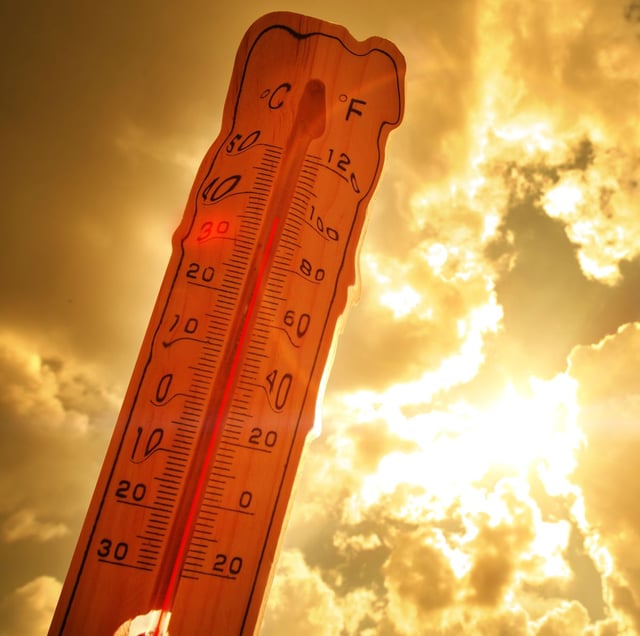Overview
- Published in Nature Climate Change, the study tracked 24,922 adults in Taiwan from 2008 to 2022, linking residential heat-wave histories to biomarker-based estimates of biological age.
- Each additional 1.3°C of cumulative heat-wave exposure was associated with about 8–11 extra biological days, indicating a dose–response relationship.
- Greater susceptibility was observed in older adults, manual and outdoor workers, rural residents, and communities with fewer air conditioners.
- The authors emphasize the findings are observational and do not show direct causation or literal loss of lifespan, though they align with earlier U.S. and European research.
- Researchers and commentators say the results bolster the case for targeted heat-adaptation measures and greenhouse-gas reductions as extreme heat becomes more frequent.


